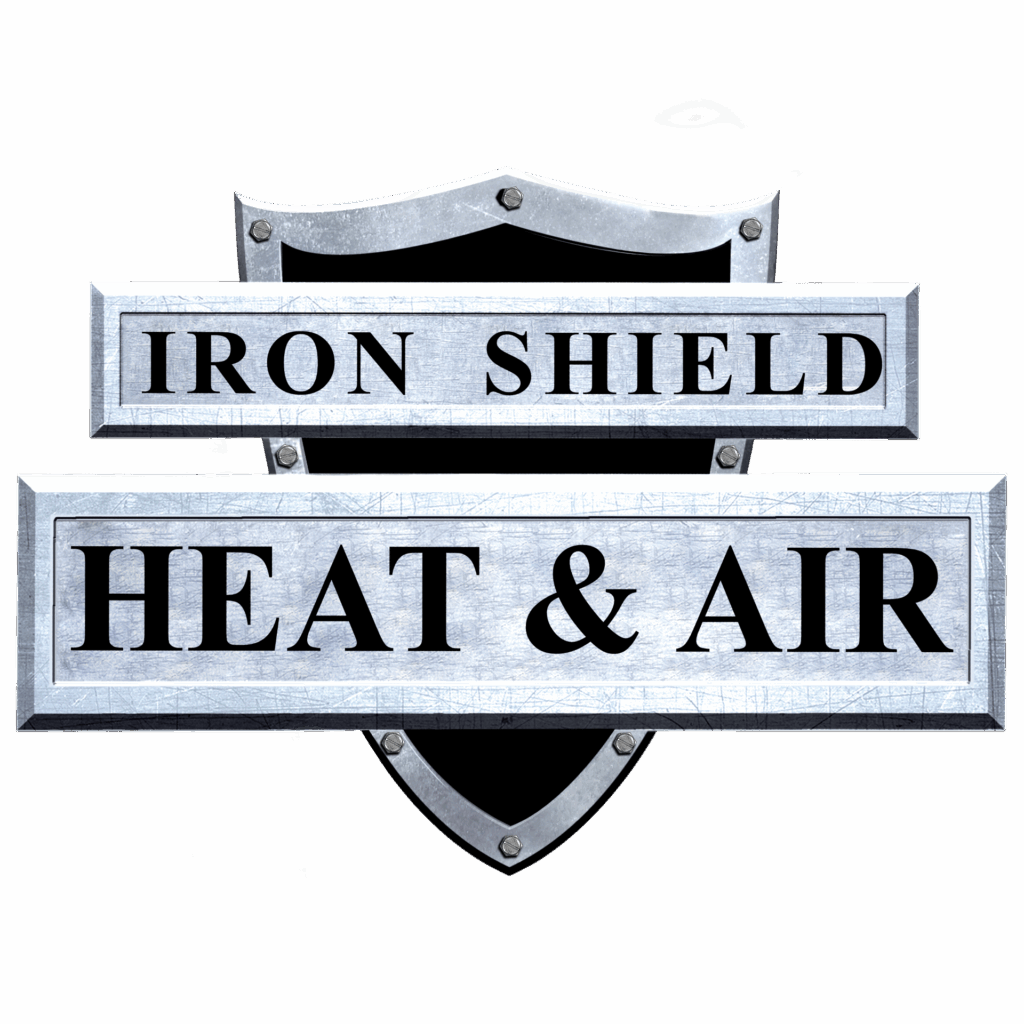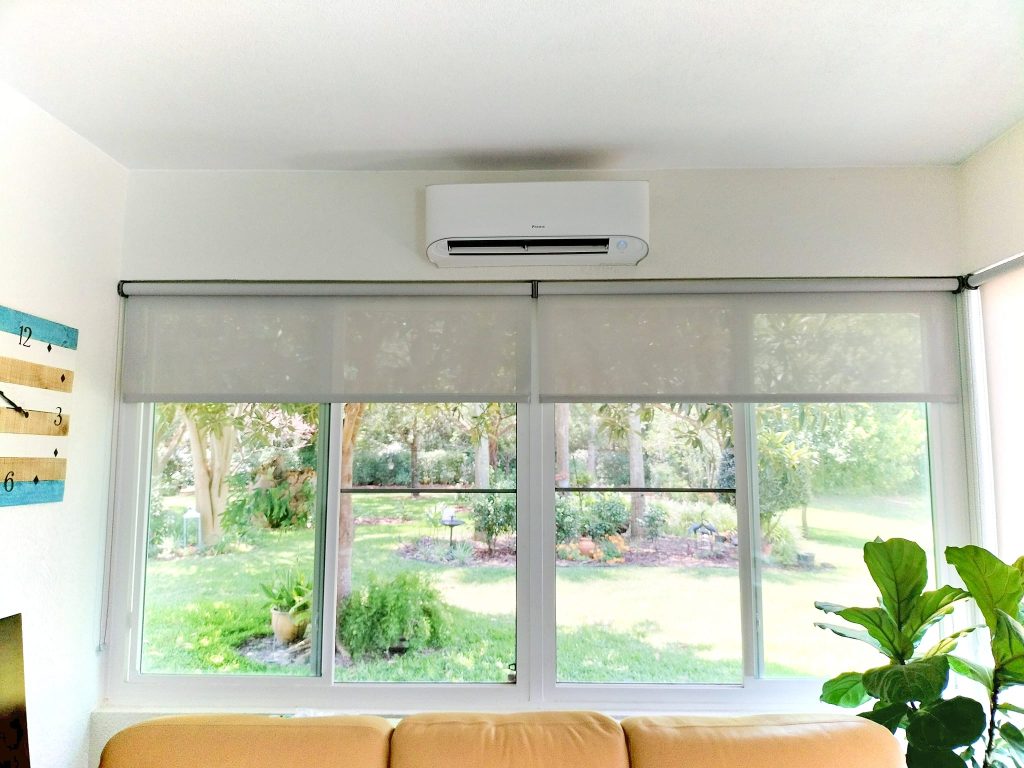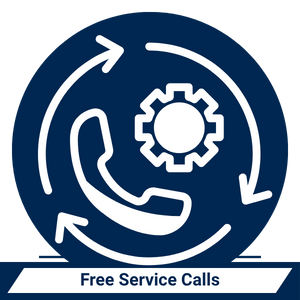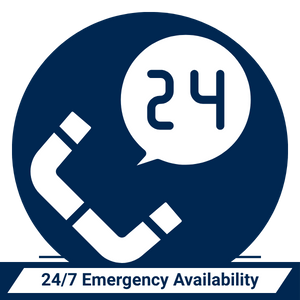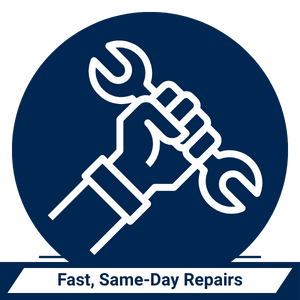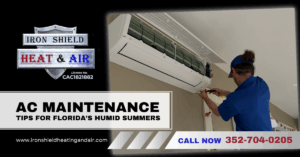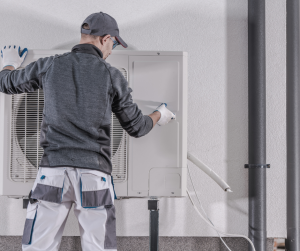An efficient air conditioning system is your best ally when it comes to staying comfortable in your home. However, many homeowners may not realize that their air conditioner is operating below its potential, leading to uncomfortable living conditions and skyrocketing energy bills. In this guide, we’ll explore the 7 signs of an inefficient air conditioning system, helping you identify common AC problems early and take action before they escalate.
Understanding Inefficiency in Your HVAC System
Before we discuss the signs, it’s essential to understand what an inefficient air conditioning system means. Inefficiency occurs when your HVAC system struggles to cool your home effectively, often due to underlying issues. This can result in higher energy consumption, increased wear and tear, and a potential breakdown.
Examine your system and recognize these signs early. This will save you time and money and ensure that your home stays comfortable and energy-efficient.
1. Inconsistent Temperature Regulation: Are Some Rooms Cooler Than Others?
Have you ever walked into a room that feels like a sauna while another room is perfectly cool? Does your AC blow a lot of hot air when it isn’t supposed to? This inconsistency is one of the first signs of an inefficient air conditioning system. It often stems from poor ductwork, insulation issues, or an improperly sized AC unit. If your system is too small, it simply can’t handle the load, leading to uneven temperatures.
2. Unusual Noises: What Your AC is Trying to Tell You
A well-functioning air conditioner operates quietly. If you begin to hear grinding, squealing, or banging noises, consider it a warning sign that your AC may need a repair. These sounds could indicate many issues, from loose components to a failing compressor.
Real-Life Example: One homeowner noted that her AC made a strange noise for weeks before it stopped working. A quick inspection revealed a loose fan blade that could have been fixed before causing further damage.
3. Weak Airflow from Vents: Is Your AC Blowing Hot Air?
When you stand by your air conditioning vents, you should feel a strong, cool breeze. If the airflow feels weak or uneven, several issues could be at play. Clogged or dirty air filters, blocked ducts, or a failing blower motor can contribute to poor airflow.
Tip: Check your air filter first. If it’s dirty, replacing it can significantly improve airflow and indoor air quality, keeping your home comfortable.
4. Frequent Cycling: Is Your AC Short Cycling?
Your air conditioning unit should run regularly to cool your home efficiently. If you notice that your unit is frequently turning on and off, this is called short cycling. This issue affects comfort and can lead to increased energy costs and potential damage to your system.
Why It Matters: Short cycling can be caused by various factors, including a faulty thermostat or low refrigerant levels. Ignoring this sign could lead to an inefficient air conditioning system needing significant HVAC repair.
5. Excessive Humidity: Is Your Home a Muggy Mess?
Your AC does more than just cool; it also manages humidity levels. If you notice increased humidity, like condensation on windows or a clammy feeling inside, your air conditioning system may fail to dehumidify properly.
Common Causes: Issues with the evaporator coil or insufficient runtime can hinder your unit’s ability to manage moisture levels effectively. This inefficiency can lead to poor indoor air quality, affecting overall comfort.
6. Skyrocketing Energy Bills: Are You Paying More for Less?
A sudden spike in your energy bills without an increase in usage is a strong indicator of an inefficient air conditioner. As your unit ages or develops problems, it has to work harder to deliver the same cooling output, leading to increased energy consumption.
Actionable Advice: Regular air conditioning maintenance can keep your system running smoothly, reduce energy costs, and extend the life of your unit. This proactive approach can prevent the common AC problems that often arise from neglect.
7. Unpleasant Odors: What Smells Are Lurking in Your AC?
If you notice musty, moldy, or burning smells when your AC is running, don’t ignore them. These odors can signal various problems, from mold growth in your ducts to electrical issues and a refrigerant leak within the unit. Not only do these smells make your home unpleasant, but they can also pose health risks.
Expert recommendation: If you encounter strange odors, it’s time to contact a professional HVAC technician to investigate and address the issue before it escalates.
Benefits of an Efficient Air Conditioning System
- Lower Energy Bills: An efficient air conditioning system consumes less energy to cool your home. This translates to lower monthly utility bills, freeing up funds for other essential expenses.
- Extended Equipment Life: Regular maintenance and attention to efficiency can prolong the lifespan of your AC unit. You can avoid costly replacements and repairs by preventing strain and minimizing wear and tear.
- Improved Indoor Air Quality: An efficient HVAC system reduces the chances of moisture buildup and mold growth, which can compromise your indoor air quality. Cleaner air means a healthier living environment for you and your family.
- Consistent Comfort: An efficient system maintains steady temperatures throughout your home, ensuring you stay comfortable no matter where you are. You won’t experience those frustrating hot or cold spots often accompanying inefficient units.
Tips for Making Your HVAC System More Energy-Efficient
- Regular Maintenance: Schedule annual inspections with a professional HVAC technician to ensure your system runs optimally. Regular check-ups can identify and fix inefficiencies before they lead to more significant issues.
- Change Your Air Filter: Keeping your air filter clean is one of the simplest ways to improve efficiency. Replace or clean it regularly to ensure your system isn’t working harder than necessary.
- Seal Ductwork: Check for leaks or gaps in your ductwork, which can waste cool air. Sealing these can improve efficiency, ensuring that conditioned air reaches its intended destination.
- Invest in smart thermostats: Consider upgrading to a smart thermostat that learns your schedule and adjusts the temperature accordingly. This can prevent unnecessary cooling when you’re not home, saving energy and costs.
- Use Ceiling Fans: Ceiling fans can help circulate cool air, allowing you to raise your thermostat a few degrees without sacrificing comfort. This minor adjustment can lead to significant energy savings over time.
When to Seek Air Conditioning Repair
If you’re experiencing any of the seven signs outlined above, it may be time to contact an HVAC professional. Timely repairs and maintenance can extend the life of your unit and prevent minor issues from becoming major headaches. You should schedule an AC repair appointment at the first sign of trouble, which can save you from costly fixes.
Reliable HVAC Services for Air Conditioning Maintenance and Repair
Recognizing the signs of an inefficient air conditioning system is crucial for maintaining a comfortable and energy-efficient home. If you’re facing any warning signs, don’t wait for the problem to escalate. Reach out to a professional HVAC service company. Contact Iron Shield Heating and Air today to schedule a consultation or air conditioning repair.
By staying vigilant and proactive, you can ensure your home remains a cool, calm oasis, especially during the hot summer months. Let’s keep your air conditioning system running efficiently so you can focus on what truly matters: enjoying your space.
